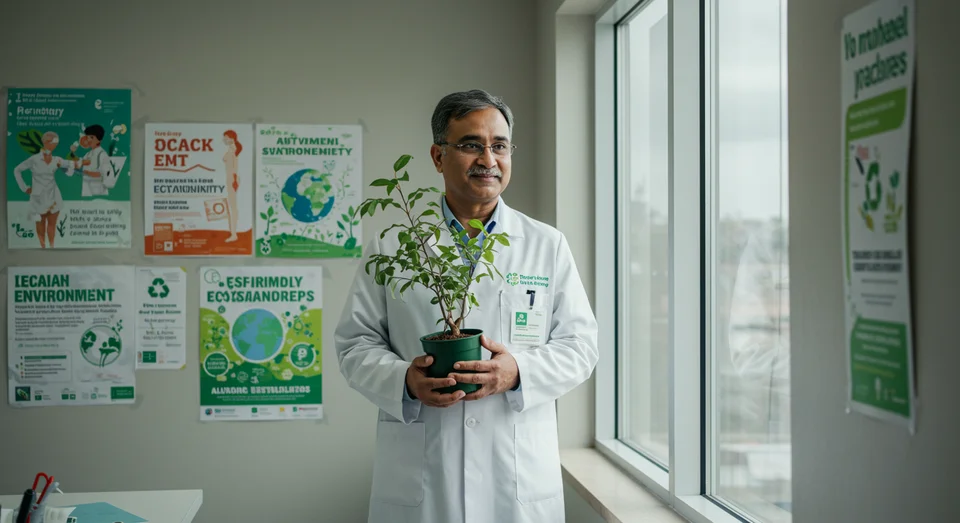Physician Dr. Douglas Couper Advocates for Healthcare Access, Research Funding, and Climate Action
159 views
Dr. Douglas Couper, a seasoned physician with over three decades of experience, has emerged as a staunch advocate for accessible healthcare, robust medical research, and environmental preservation. With a career defined by service and a deep understanding of systemic challenges, he calls for bipartisan collaboration to safeguard public welfare, urging policymakers to address inefficiencies without compromising the programs that sustain health and environmental well-being.

A Physician’s Call to Action: Health, Science, and Sustainability at the Forefront
In an era where public health and environmental integrity often find themselves entangled in political crossfire, voices like Dr. Douglas Couper’s resonate with a rare clarity. Over the course of his 35-year career in medicine, Dr. Couper has borne witness to the profound consequences of inadequate healthcare access. From patients rationing life-saving medications to families grappling with insurmountable medical debt, he has seen firsthand the human toll exacted by systemic inequities. It is this lived experience that fuels his unwavering commitment to affordable healthcare for all, regardless of age, income, or geography.
Dr. Couper’s advocacy extends beyond the clinic walls, championing the vital role of federal agencies like the National Institutes of Health (NIH), Centers for Disease Control and Prevention (CDC), and Food and Drug Administration (FDA). These institutions, he argues, are not mere bureaucratic entities but lifelines that drive innovation, regulate safety, and ultimately improve the quality of life for millions. Whether it’s groundbreaking cancer therapies or swift responses to public health crises, the fruits of their labor are woven into the fabric of everyday life. Yet, these agencies often face funding cuts or politicized scrutiny, a reality Dr. Couper finds deeply troubling.
Equally pressing in his advocacy is the fight against climate change—a battle he sees as intrinsically linked to public health. Clean air and water, he reminds us, are not luxuries but necessities, their absence disproportionately affecting vulnerable populations. Dr. Couper warns that the long-term consequences of environmental neglect will not discriminate between political affiliations or socioeconomic status. His vision is one of stewardship, urging policymakers to prioritize sustainability for the sake of future generations.
However, Dr. Couper’s approach is neither alarmist nor partisan. He acknowledges the need for vigilance in eliminating fraud, waste, and abuse within federal programs but cautions against dismantling the very initiatives that underpin public welfare. For him, the path forward lies in thoughtful reform rather than wholesale rejection, a stance he believes can unite stakeholders across the political spectrum.
Dr. Couper’s perspective reflects a broader truth: the interconnectedness of health, science, and the environment demands a holistic approach. The challenges of today—whether they manifest as a pandemic, a polluted river, or an underfunded clinic—cannot be addressed in isolation. They require a collective will to invest in systems that prioritize human and ecological well-being over short-term gains.
As debates over healthcare, research funding, and climate policy continue to dominate headlines, Dr. Couper’s voice serves as a reminder of what is at stake. His career, marked by compassion and pragmatism, underscores the necessity of policies that transcend political divides to serve the greater good. In his call for action, there is an implicit challenge to all of us: to envision a future where health and sustainability are not aspirations but realities.
